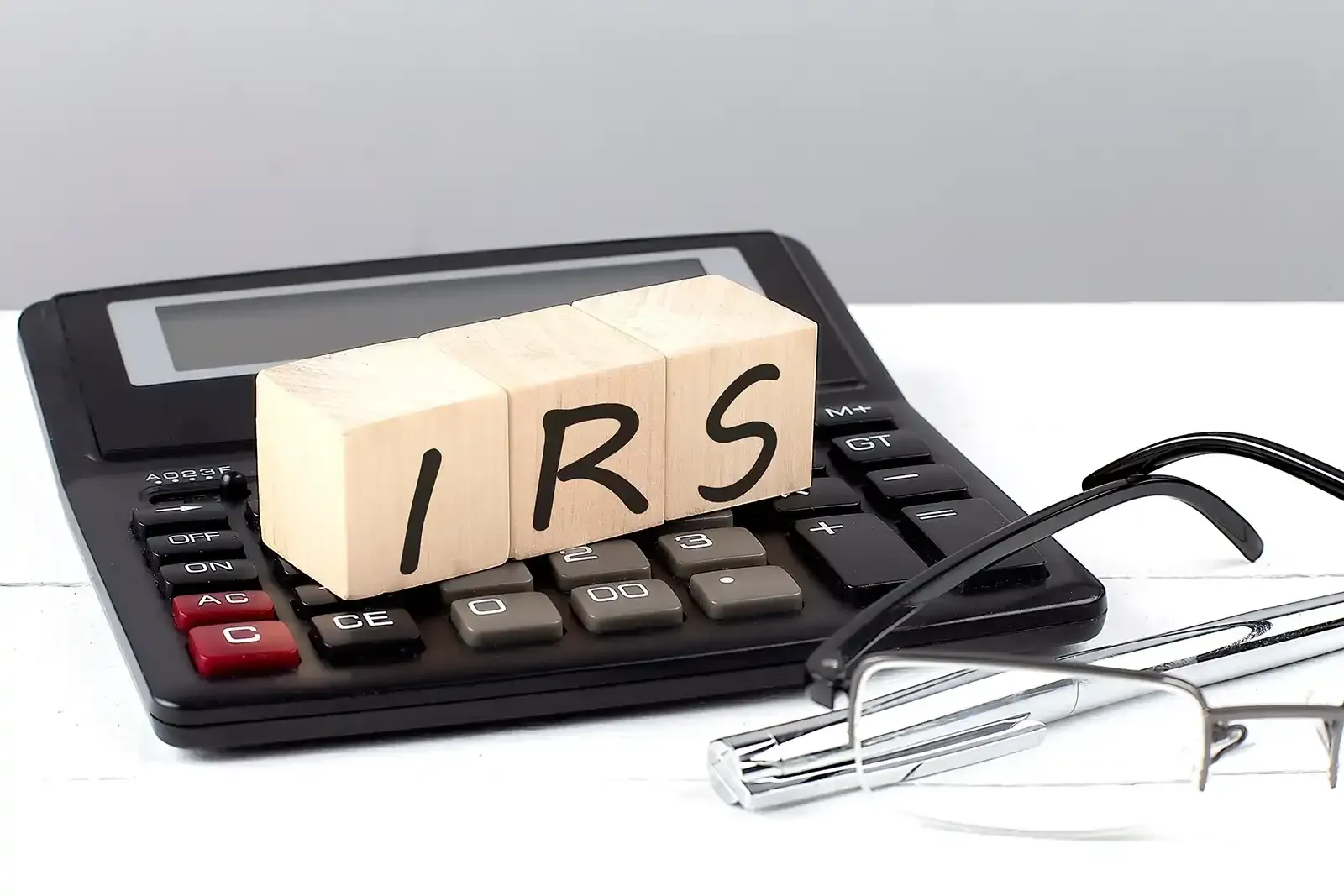Navigating the Collection Appeals Program as a taxpayer
Taxpayers who face specific IRS collection actions can challenge them through the Collection Appeals Program (CAP). This program provides a streamlined process to resolve disputes quickly and fairly.
Understanding how CAP works can help taxpayers navigate the system and protect their rights.
Filing a CAP appeal
The first step in the CAP process is submitting Form 9423, Collection Appeals Request. You must file this form within 30 days of the collection action, such as a levy or lien. CAP appeals are unique because they allow taxpayers to contest actions without waiting for a notice of federal tax lien or levy to be issued.
Unlike the Collection Due Process (CDP) hearing, CAP does not address the validity of the underlying tax debt. Instead, it focuses on the appropriateness of the IRS’s collection actions.
What actions qualify for CAP?
CAP applies to specific IRS collection activities. Taxpayers can appeal decisions related to levies or seizure of property and denial or termination of installment agreements.
Notices of federal tax liens.
New York taxpayers should be aware that state laws may influence the treatment of certain collection actions, such as property seizures. Familiarity with both federal and New York state guidelines ensures taxpayers are prepared to address their unique situations.
Resolving disputes efficiently
CAP appeals are generally resolved faster than CDP hearings. Once the Office of Appeals receives the request, they will review the case and make a determination. This expedited timeline can provide relief for taxpayers concerned about immediate enforcement actions.
Making informed decisions
The Collection Appeals Program offers an effective avenue to address disputes with the IRS. By understanding the CAP process and acting quickly, taxpayers can work toward resolution while minimizing financial and legal impacts. For those in New York, staying informed about state-specific considerations ensures a comprehensive approach to managing collection disputes.











